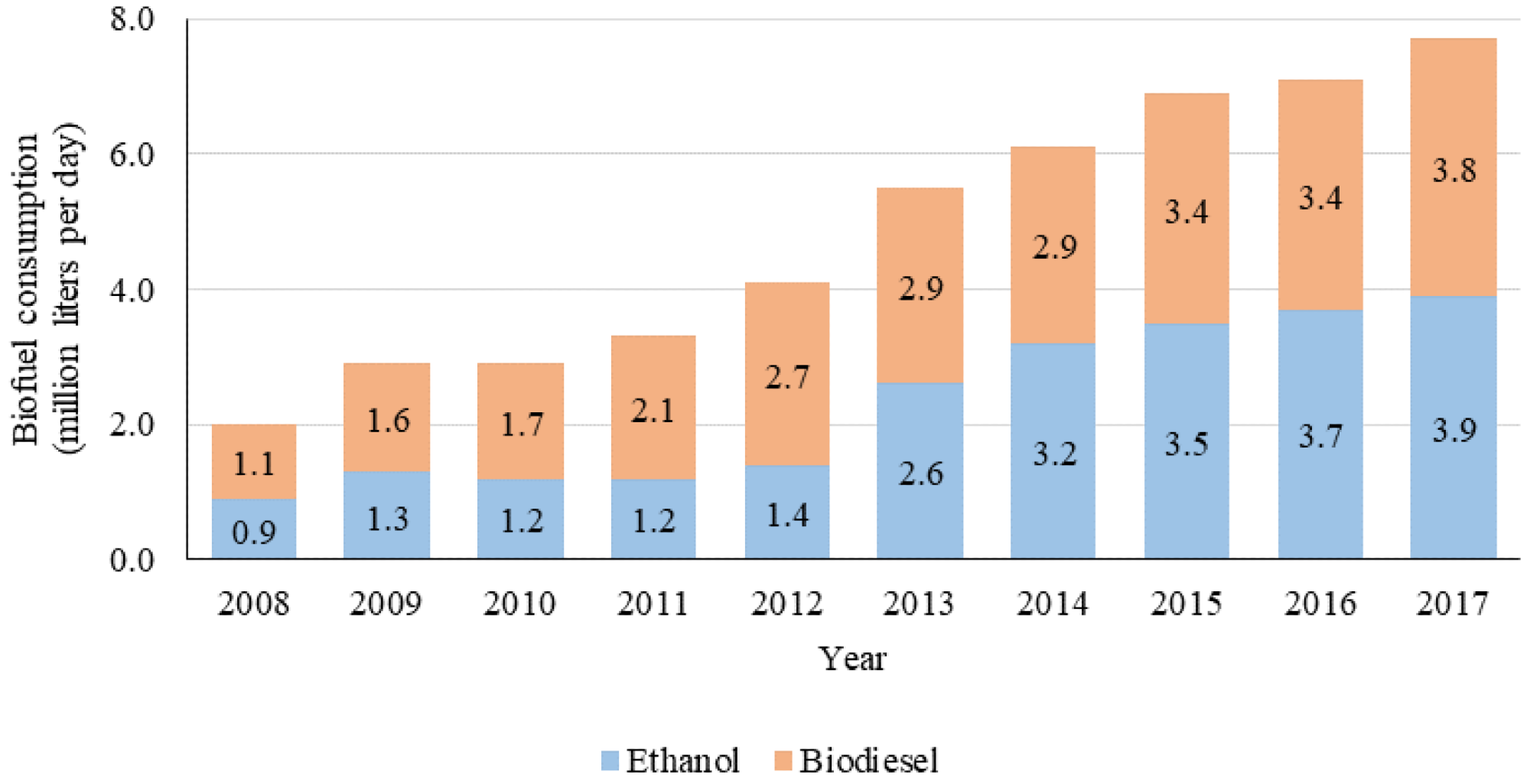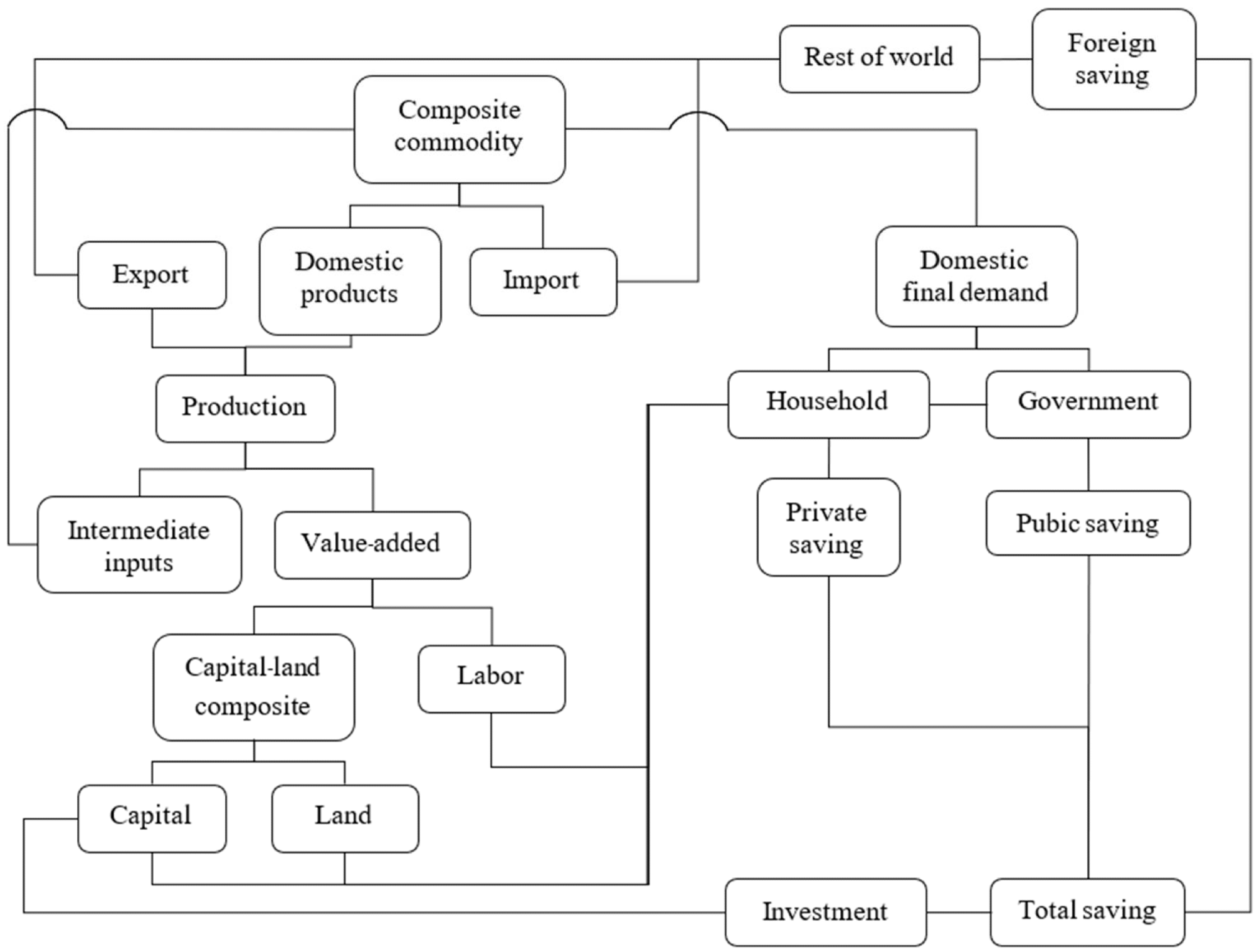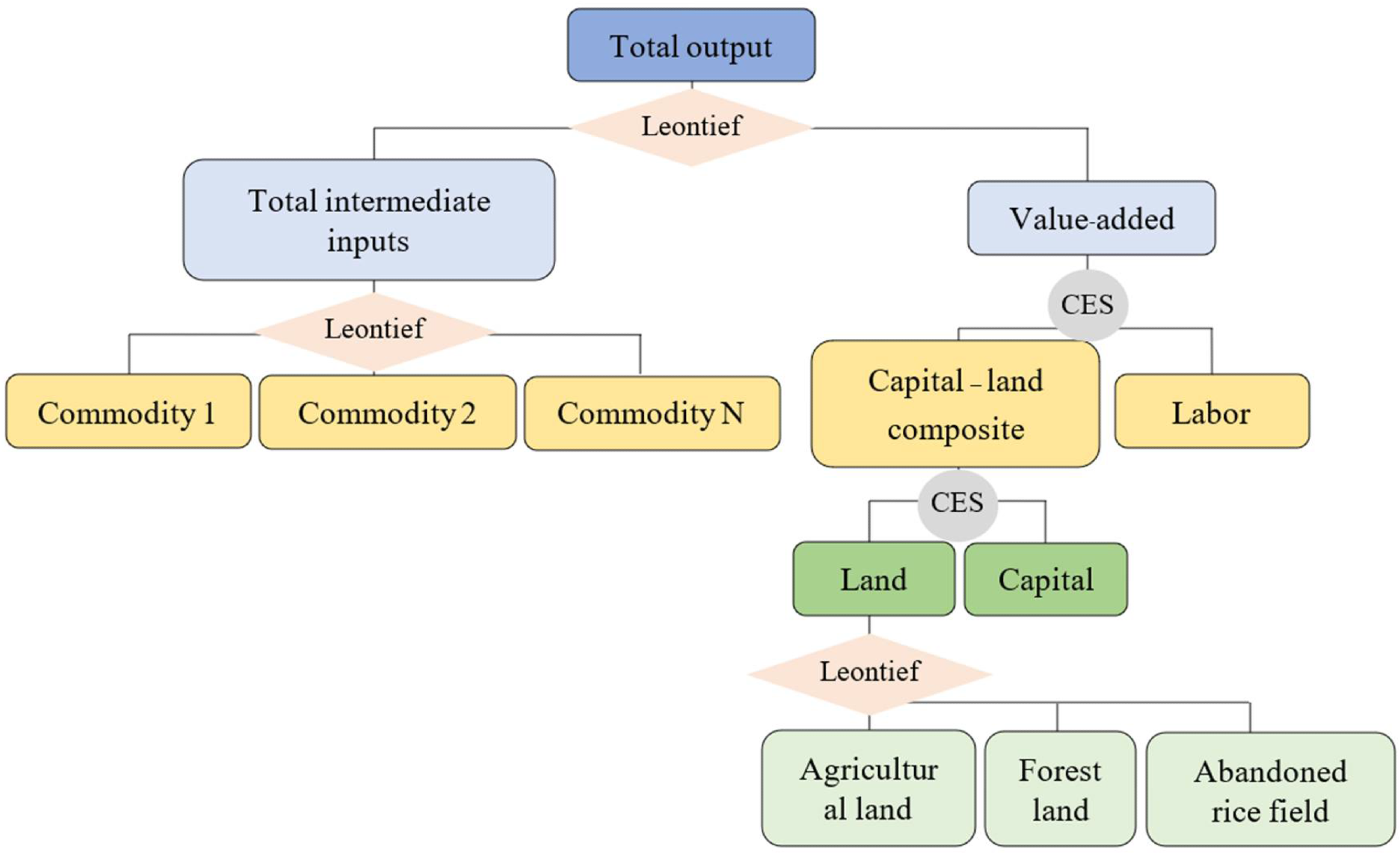Recently, biofuels have been widely proposed as a replacement for diesel and gasoline. Biofuels have advantages over traditional petrochemical-derived fuels including fewer emissions and more renewable resources, reducing society’s over-reliance on finite fossil fuels. Many bodies such as the Department of Alternative Energy Development and Efficiency have reported that biofuel demand and consumption have increased in recent years.
Increasing the supply and production of bioethanol and biodiesel is a central concern amongst researchers in the field of renewable fuels. However, increasing the supply of feedstocks comes with a cost in terms of land usage. In Thailand alone, land use for sugarcane and oil palm cultivation alone is being targeted for a significant increase by 2026. Targets for increasing land for sugarcane are 1.6-2.6 million hectares, whereas for oil palm it is planned to increase land use from 0.7-6.2 million hectares.
A main drawback of increasing land use for biofuel production is its effect on food production. Arable land that could be otherwise used to feed the growing world population is being given over to produce crops for biofuels. Other activities can become affected by this use, and there can be economic knock-on effects for several industries.

Thailand’s biofuel consumption (million liters per day). Image Credit: Haputta, P et al., Sustainability
Using GDP to Investigate the Effects of Increasing Land Use for Biofuel Crops
One way to measure the impact of increasing biofuel cropland use is to investigate it from the aspect of gross domestic product (GDP.) Currently, there is a lack of study on this impact, despite the vast amounts of land used for agricultural purposes. In Thailand, which the new study published in Sustainability concentrates on, 40% of land use is for agricultural purposes and the agricultural sector accounts for approximately 10% of the nation’s total GDP.
Some studies have investigated various aspects of the impact of biofuel production on economies and GDP. Studies have investigated the economic impact of bioethanol production in Thailand, using GDP as an indicator. Intertemporal GDP has been used in studies to reveal the dynamic economic effects of biofuel promotion. These studies have neglected the effects of land expansion.
However, GDP alone is insufficient for investigating the true impact of land use expansion for biofuel crops. Whilst it is a good indicator for economic growth, it does not account for social aspects, human well-being, social sustainability, and the long-term effects on the environment of present consumption. To overcome this issue, indices such as Green GDP and the Genuine Progress Indicator have been introduced in recent years.

Main connectivities of economic transactions and activities within the CGE model. Image Credit: Haputta, P et al., Sustainability
Green GDP
Green GDP is a system for predicting economic impacts wherein the depletion and degradation of natural resources are subtracted from conventional GDP. In essence, it is an index of sustainable economic growth. Future levels of natural and environmental resources are derived by subtracting used resources from conventional GDP.
There have been several studies on Green GDP, including incorporating factors such as emissions, natural resource depletion, and waste, with one study using an economic input-output LCA. GDP has been integrated with ecosystem services values. These studies have used Green GDP as a system for proposing more sustainable practices and policies by governments and industries governing biofuels.
The Research
The new paper published in Sustainability has assessed the effect on Thailand’s Green GDP and wider economy caused by expanding land use for biofuel crop growth. The authors have aimed to use this study to help address the current lack of studies in this area. In turn, the authors have proposed that by using Green GDP to study the economy-wide effects on Thailand of expanding land use for biofuel crops, more sustainable policies governing biofuel production can be implemented.

Structure of production. Image Credit: Haputta, P et al., Sustainability
Targets that were officially published in AEDP 2015 were used as a basis for the incorporation of expanding biofuel cropland use into the study. The study has examined different simulation scenarios which incorporate alternative land expansion strategies and the impact of environmental interventions. The authors employed a static computable general equilibrium (GCE) model in combination with life cycle impact assessments to evaluate the impact of expanding land use on conventional GDP and economic transactions.
Results of the study indicated that expanding the use of land for biofuel crops increased Thailand’s Green GDP compared to a business-as-usual scenario. Amongst alternative land expansion scenarios, the authors found the most positive effect on Green GDP was when disused rice fields were converted for biofuel crop growth, and the most negative effect was the conversion of forested areas. The results also indicated an adverse effect on rice production and milling when biofuel crop substitution was performed, as well as a reduced production capacity in some industries.
Based on their findings, the authors have stated that using a GCE model to investigate Green GDP yields comprehensive results that can be used for sustainable policies and decision-making. The study’s method also has potential for other research into different aspects of biofuel production.
Further Reading
Haputta, P et al. (2022) Effects of Biofuel Crop Expansion on Green Gross Domestic Product [online] Sustainability 14(6) 3369 | mdpi.com. Available at: https://www.mdpi.com/2071-1050/14/6/3369
Disclaimer: The views expressed here are those of the author expressed in their private capacity and do not necessarily represent the views of AZoM.com Limited T/A AZoNetwork the owner and operator of this website. This disclaimer forms part of the Terms and conditions of use of this website.